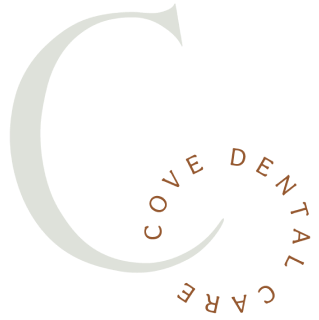
What is IV Sedation Dentistry?
How Does IV Sedation Work?
IV sedation involves administering sedative medications directly into your bloodstream through a small needle in a vein, usually in your arm or hand. The effects of IV sedation are immediate, allowing your dentist to adjust the level of sedation as needed during the procedure. This ensures you stay relaxed and pain-free while still being able to cooperate with your dentist.
During the procedure, you may experience partial or complete memory loss, causing time to seem to pass quickly and leaving you with little to no memory of the experience. For many patients, this memory loss is a significant advantage as it helps reduce the anxiety often associated with dental visits.
Who is an Ideal Candidate for IV Sedation?
IV sedation is recommended for patients who:
- Experience severe dental anxiety or phobia
- Have avoided dental visits for years due to fear
- Have a sensitive gag reflex or difficulty remaining still for long periods
- Require extensive dental work or oral surgery
- Have had traumatic dental experiences in the past
Prior to administering IV sedation, your dentist will evaluate your medical history, current medications, and overall health to confirm that this sedation method is safe and appropriate for you.
Benefits of IV Sedation Dentistry
IV sedation offers numerous advantages for patients, making it a popular choice for those seeking a stress-free dental experience:
- Deep Relaxation: IV sedation induces a deep sense of calm, effectively reducing anxiety and stress.
- Pain Management: The sedative medications used in IV sedation provide excellent pain relief, ensuring a comfortable experience.
- Quick Onset: The effects of IV sedation are felt almost immediately, allowing the dentist to start the procedure promptly.
- Controlled Sedation Levels: Your dentist can easily adjust the level of sedation during the procedure, ensuring optimal comfort and safety.
- Amnesia Effect: Many patients have little to no memory of the procedure, which is particularly beneficial for those with severe dental anxiety.
- Efficient Treatment: IV sedation allows for more dental work to be completed in one visit, reducing the need for multiple appointments.
Disadvantages and Considerations of IV Sedation
Recovery After IV Sedation
Recovery from IV sedation can vary among patients. While some may feel alert shortly after the procedure, it is important to carefully follow post-sedation care instructions:
- Transportation: Ensure that a responsible adult is available to drive you home after your appointment, as you will not be able to drive or operate heavy machinery for at least 24 hours.
- Rest: Plan to relax for the rest of the day and avoid any strenuous activities.
- Nausea: Some patients may experience mild nausea after IV sedation. If necessary, your dentist can provide medication to help relieve this side effect.
